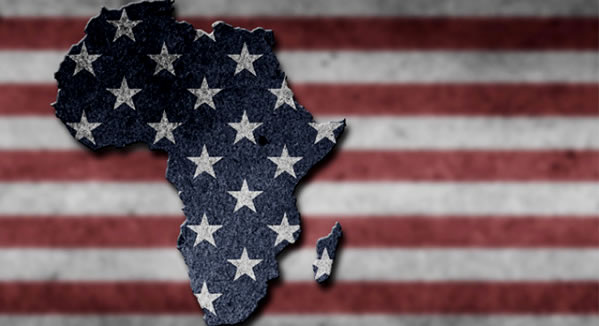The 17th U.S.-Africa Business Summit, held from June 22 to 25, concluded with over $2.5 billion in new agreements between American and African businesses, signalling a major push to deepen trade and investment across the continent.
Record-breaking participation marked this year’s gathering. Twelve African heads of state attended, the highest number in the summit’s history. More than 2,700 participants, including U.S. and African government officials, CEOs, and investors, joined the discussions.
A high-profile U.S. delegation was led by Ambassador Troy Fitrell and included representatives from the U.S. Export-Import Bank, the U.S. International Development Finance Corporation, and the Office of the U.S. Trade Representative.
Several key deals were announced. A $1.5 billion power transmission line will link Angola and the Democratic Republic of Congo. Hydro-Link and Angola’s government agreed to build a 1,150-kilometre line connecting Angolan hydropower to critical mineral mines in southern DRC.
A $760 million hydropower project in Rwanda and the DRC will be developed by Ruzizi III Holding Power Company and Anzana Electric Group to supply electricity to 30 million people. A $170 million digital upgrade for Angola is underway as U.S. tech firm Cybastion partnered with Angola Telecom to modernize digital infrastructure and cybersecurity. West Africa’s first LNG terminal will be built by CEC Africa and AG and P, with support from the U.S. International Development Finance Corporation, boosting regional energy access.
More than $200 million in Ethiopian luxury tourism investment is planned through a deal between Ethiopia Investment Holdings and U.S. International Finance Partners to develop high-end tourism. Along the Lobito Corridor, Amer-Con Corporation and Angola’s Freight Regulatory Agency will build 22 grain elevators, supported by the U.S. Export-Import Bank.
The summit reinforced Washington’s commercial diplomacy strategy, with a clear shift from aid to trade. “This isn’t about handouts, it’s about partnerships,” said a U.S. State Department official. The deals align with U.S. efforts to counter China’s influence in African infrastructure and critical minerals.
This momentum matters because it boosts African infrastructure, energy, and tech sectors. It strengthens U.S.-Africa economic ties amid global competition and creates jobs that can spur long-term growth across the continent.



































